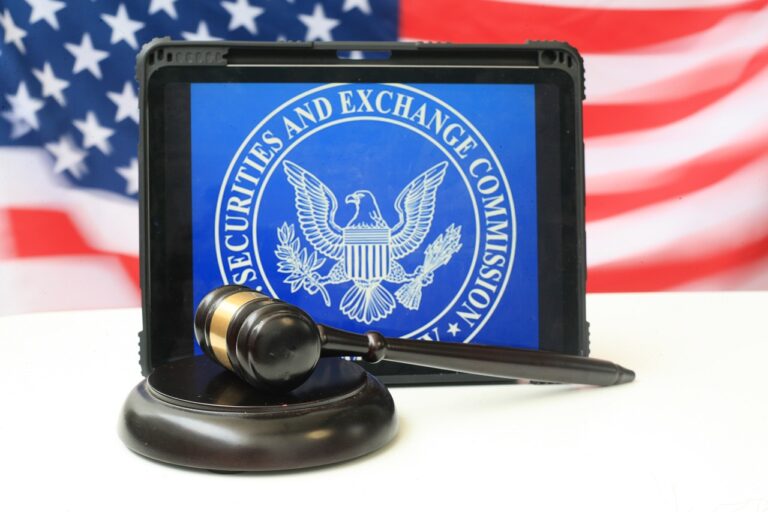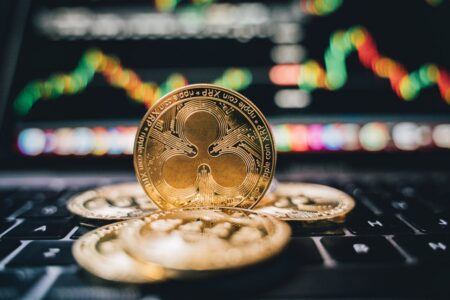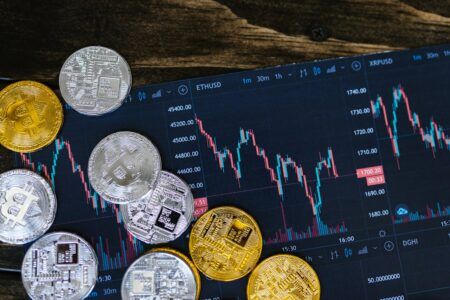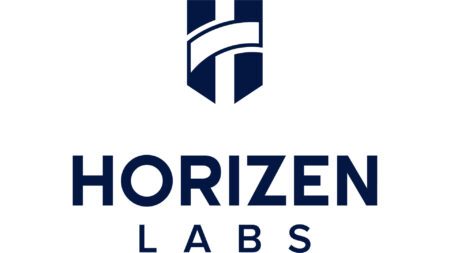The stakes are high for Kraken as it faces off against the U.S. Securities and Exchange Commission (SEC) in what could be a defining legal showdown for the cryptocurrency industry. According to a report by Rachel Graf for Bloomberg News, Senior District Judge William H. Orrick of the United States District Court for the Northern District of California ruled on August 23 that the SEC has plausibly alleged that some of the cryptocurrency transactions facilitated by Kraken may constitute investment contracts. This ruling means that these transactions could be subject to federal securities laws, allowing the SEC’s lawsuit to proceed.
Kraken, one of the oldest cryptocurrency platforms, had asked the court to dismiss the lawsuit, which was initially filed by the SEC in November 2023. Bloomberg reports that this legal battle comes at a time when Kraken is reportedly considering raising a final funding round before a potential initial public offering. Judge Orrick’s decision to let the case move forward marks a significant legal hurdle for the exchange as the SEC continues its efforts to regulate the crypto industry more stringently.
In his ruling, Judge Orrick acknowledged that the SEC’s classification of Kraken’s tokens as “crypto asset securities” is “unclear at best and confusing at worst.” However, Judge Orrick apparently interpreted the SEC’s claims as focusing on transactions involving investment contracts rather than on labeling individual tokens as securities. This distinction is crucial as it shapes the direction of the case and its implications for the broader crypto market.
Kraken’s Chief Legal Officer, Marco Santori, took to the social media platform X (formerly Twitter) to comment on the ruling. In a detailed thread, Santori celebrated the decision by the U.S. District Court for the Northern District of California as a significant victory for Kraken and the broader crypto community. According to Santori, the court ruled that none of the tokens traded on Kraken are securities, reaffirming the exchange’s long-standing position.
Santori criticized the SEC’s approach, particularly its invention of the “crypto asset security” concept. He also highlighted that the court called out the SEC’s tactics, noting that the agency had mischaracterized Kraken’s position. He said the court had wondered why” the SEC consistently mischaracterizes Kraken’s position as requiring a ‘written contract’ for there to be a security.”
Despite these criticisms, Santori acknowledged that the court allowed the case to proceed to the discovery phase. He pointed out that the court made a crucial distinction, similar to that in the Ripple case: while tokens themselves aren’t securities, agreements surrounding tokens could potentially be considered as such. This means the SEC must now prove, for each transaction, that the factors of the Howey Test are met—an arduous task that Santori believes will be difficult to achieve.
Santori also expressed concern about the ruling’s broader implications, noting that applying this standard across the crypto industry could lead to extensive, expensive, and time-consuming litigation. He argued that this approach—regulating by enforcement—was not sustainable and emphasized the need for Congress to pass a comprehensive market structure framework to provide the industry with the clarity and protection it needs.
On the other side, an SEC spokesperson told Bloomberg that the ruling reaffirms the agency’s stance that traditional securities laws apply to crypto assets, regardless of the labels used. The spokesperson stressed that investors in crypto assets offered as securities should receive the same protections as those investing in more traditional securities, even when these assets are traded through intermediaries like Kraken.
Featured Image via Pixabay









